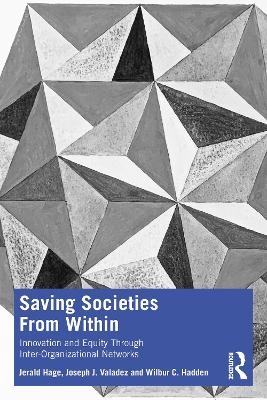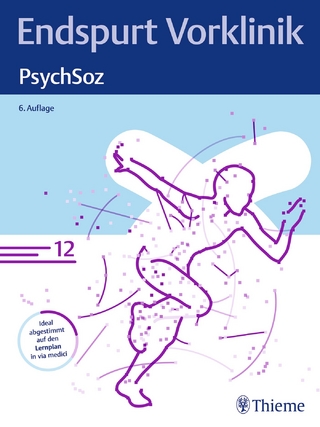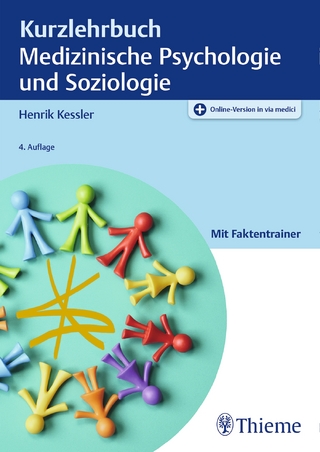
Saving Societies From Within
Routledge (Verlag)
978-1-032-64811-8 (ISBN)
Moving beyond existing models from economics and political science, this book shows how crises in capitalism and democracy can be solved with Systemic coordinated inter-organizational networks.
It offers a new model of societal coordination that builds cooperation and trust while solving today’s modern and complex practical problems: Systemic coordinated inter-organizational networks (SCIONs). It details how SCIONs can quickly catalyze organizational change among interorganizational network members while providing a general framework for characterizing individual and organizational change. The chapters apply these theoretical ideas in an epic case study of the rebuilding of the health care system in rural Nicaragua after a major natural disaster (Hurricane Mitch). They provide lessons for public health program managers while contributing to the literatures on modes of coordination and on social capital.
The book is a vital text for upper-division courses on management, inter-organizational collaboration, crisis management and public health.
Jerald Hage is Professor Emeritus of Sociology at the University of Maryland, College Park, USA. He has spent his professional life attempting to solve major problems with theory and applied research to test that theory, starting with the study of organizational innovation. Joseph J. Valadez is Professor of Global Health at the Liverpool School of Tropical Medicine, UK. He is a community epidemiologist who has worked in more than 50 lower- and middle-income countries, including Kenya and Nicaragua. Wilbur C. Hadden is Research Scientist at the Center for Innovation, Department of Sociology, University of Maryland at College Park, USA. His general interest is in the advancement of population health and more specifically in social inequalities and social determinants of health.
1. The Theory of Systemic Coordinated Inter-Organizational Networks for Radical Innovation and Social Equality 2. The Case Study of Action Theory for Public Health: The Model for Safe Motherhood and Child Survival in Developing Countries with Natural Disasters 3. The Origin of NicaSalud, A Network Coordinating Organization, Or How to Form a NGO 4. Increasing Social Equality: Changing Health Behaviors and Knowledge for Safe Motherhood 5. Increasing Social Equality: Changing Health Behaviors and Knowledge to Improve Child Survival 6. SCION Effectiveness, Part One: Social Equality—In Safe Motherhood and Child Survival—and Radical Organizational Change—Learning, Innovation and Adaptiveness 7. SCION Effectiveness--Part Two: Institutional Innovation—Rebuilding and Strengthening Health Care Systems, Differentiating Regional Sub-Networks, and Institutionalizing NicaSalud 8. Action Theory Revisited: Managerial and Stakeholder Recommendations and Recommendations for Major Stakeholders and Managers
| Erscheinungsdatum | 14.02.2024 |
|---|---|
| Zusatzinfo | 41 Tables, black and white; 1 Line drawings, black and white; 6 Halftones, black and white; 7 Illustrations, black and white |
| Verlagsort | London |
| Sprache | englisch |
| Maße | 152 x 229 mm |
| Gewicht | 553 g |
| Themenwelt | Studium ► 1. Studienabschnitt (Vorklinik) ► Med. Psychologie / Soziologie |
| Sozialwissenschaften ► Soziologie ► Spezielle Soziologien | |
| ISBN-10 | 1-032-64811-2 / 1032648112 |
| ISBN-13 | 978-1-032-64811-8 / 9781032648118 |
| Zustand | Neuware |
| Haben Sie eine Frage zum Produkt? |
aus dem Bereich


